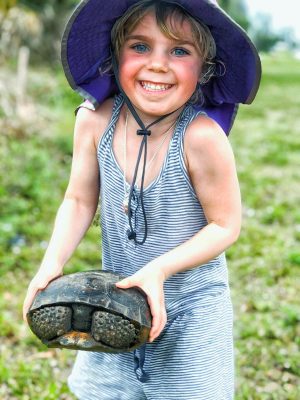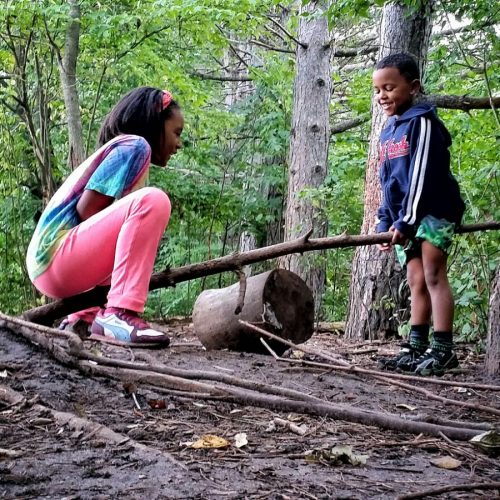History of Forest Schools

Forest School Origins:
In the 1950s the idea was created in Denmark and shortly there after in Sweden. In Denmark it became an embedded part of the curriculum for pre-school children (under seven years) stemming from their ‘Early Childhood Education’. Children attending Forest kindergartens were in most cases arriving at school with strong social skills, the ability to work in groups effectively, high self-esteem, and confidence in their own capabilities.
In 1957, a Swedish man, Goesta Frohm, created the “Skogsmulle” concept to promote learning about nature, water, mountains and pollution. With an increasing focus on measurable outcomes, forest schools have gained acceptance as an educational method in their own right. In Denmark, nature schools as well as forest kindergartens are popular with both school teachers and children.
The Biophilia Hypothesis argues that a love of nature is instinctive. The term nature deficit disorder, coined by Richard Louv in his 2005 book Last Child in the Woods, recognizes the erosion of this by the urbanisation of human society. Attention Restoration Theory and related psychological work has proven health benefits in reduced stress, improved concentration and improved medical outcomes from surgery. Scandinavian countries, rich in woodland, have maintained the human link more closely.
Forest Schools in Canada:
Inspired by international developments, the first Canadian forest school was created by Marlene Power in 2007. It was named Carp Ridge Preschool and was located near Ottawa. In 2012, Power founded and became the executive director of Forest School Canada, an educational initiative of the Child and Nature Alliance of Canada. Forest School Canada is focused on being a “network for support, education, and accreditation for concepts associated with the FS movement in Canada.
The movement has spread into Canada’s provinces and is primary associated with private schools. However, there is emerging support from public schools such as the Nature Kindergarten pilot which is a partnership between the Sooke District School Board and the University of Victoria’s Centre for Early Childhood Research and Policy, Royal Roads University, and Camosun College’s Early Learning and Care Program.

